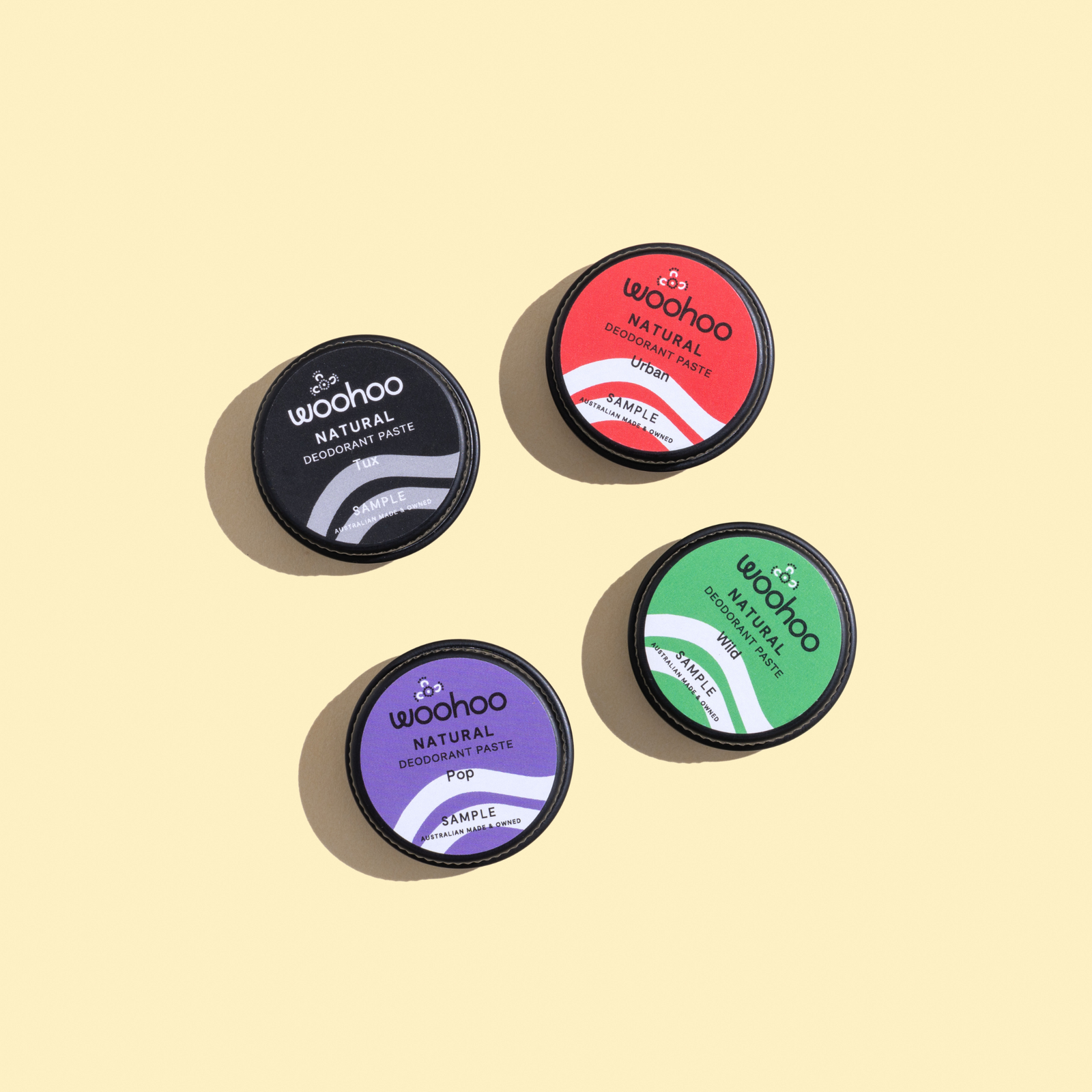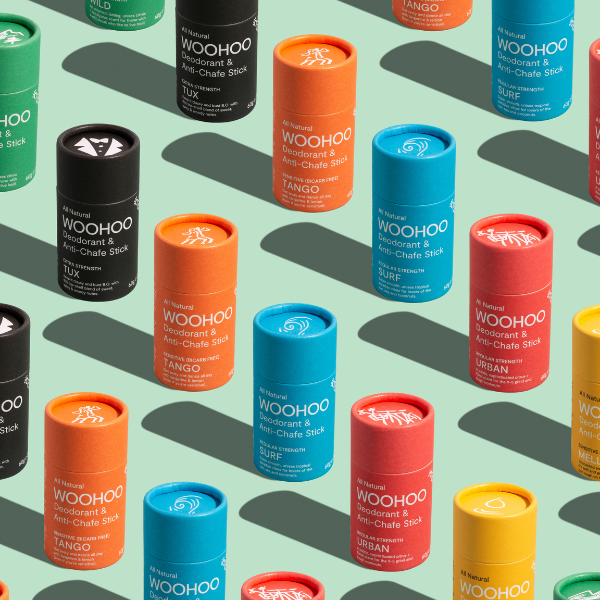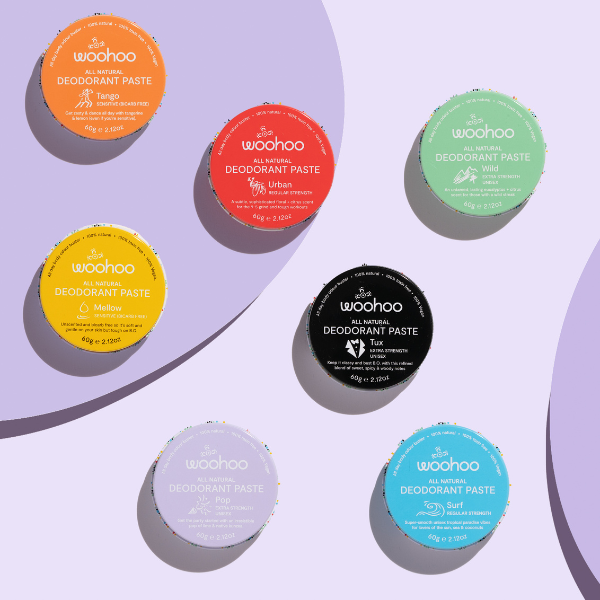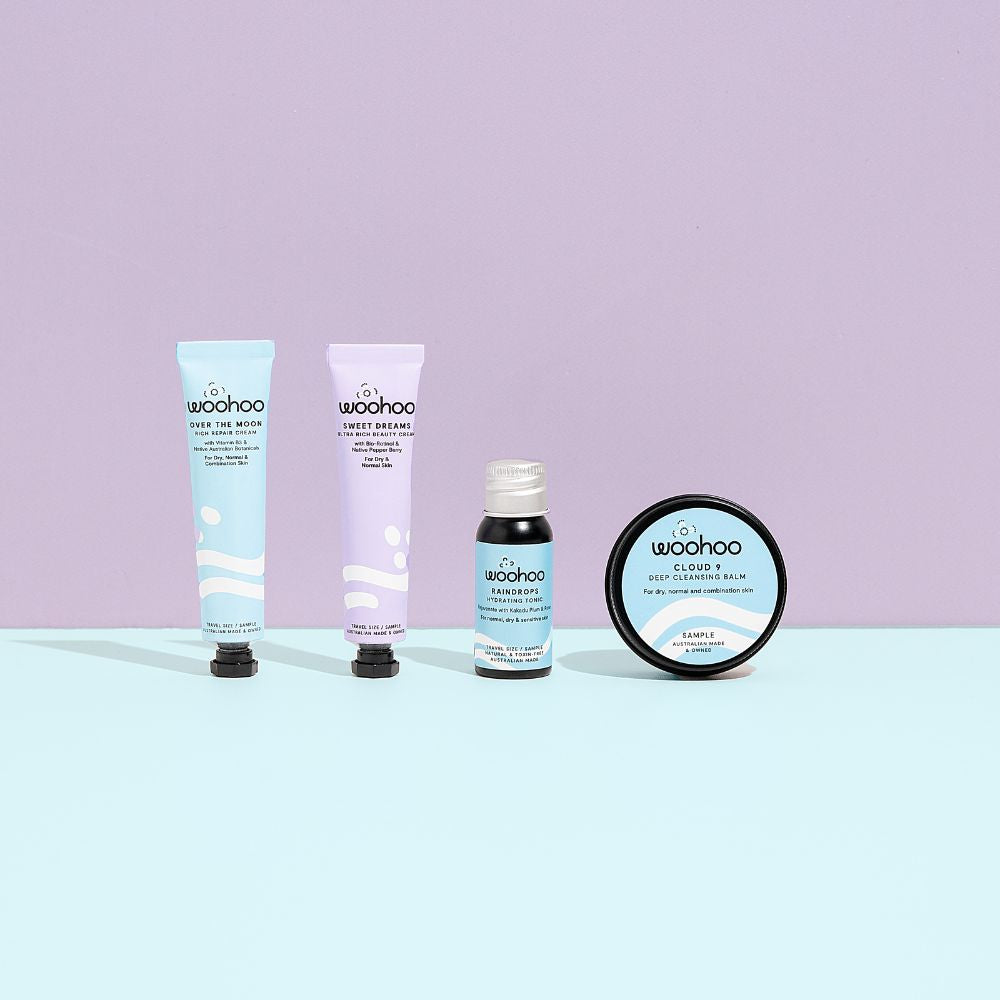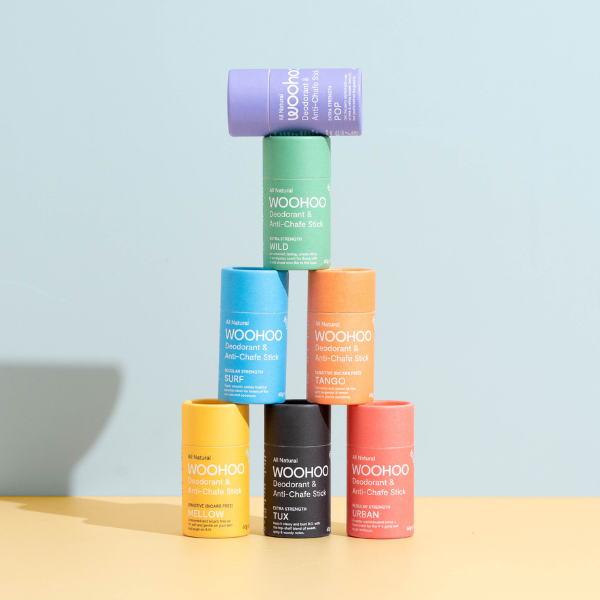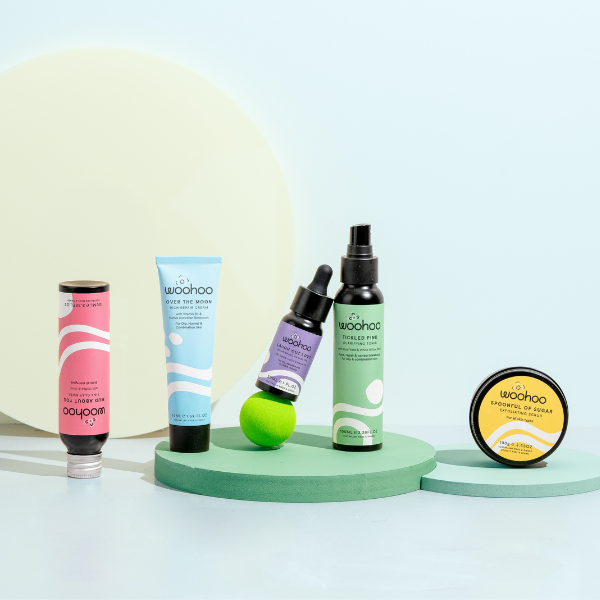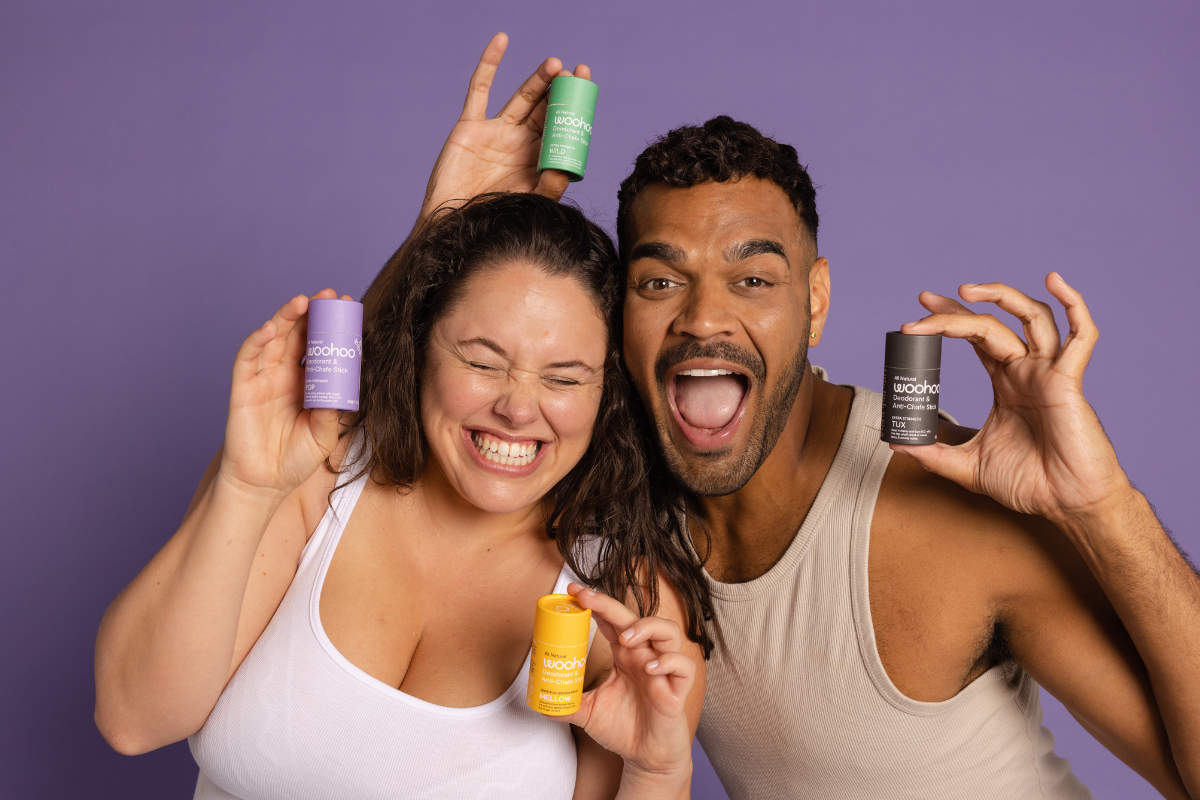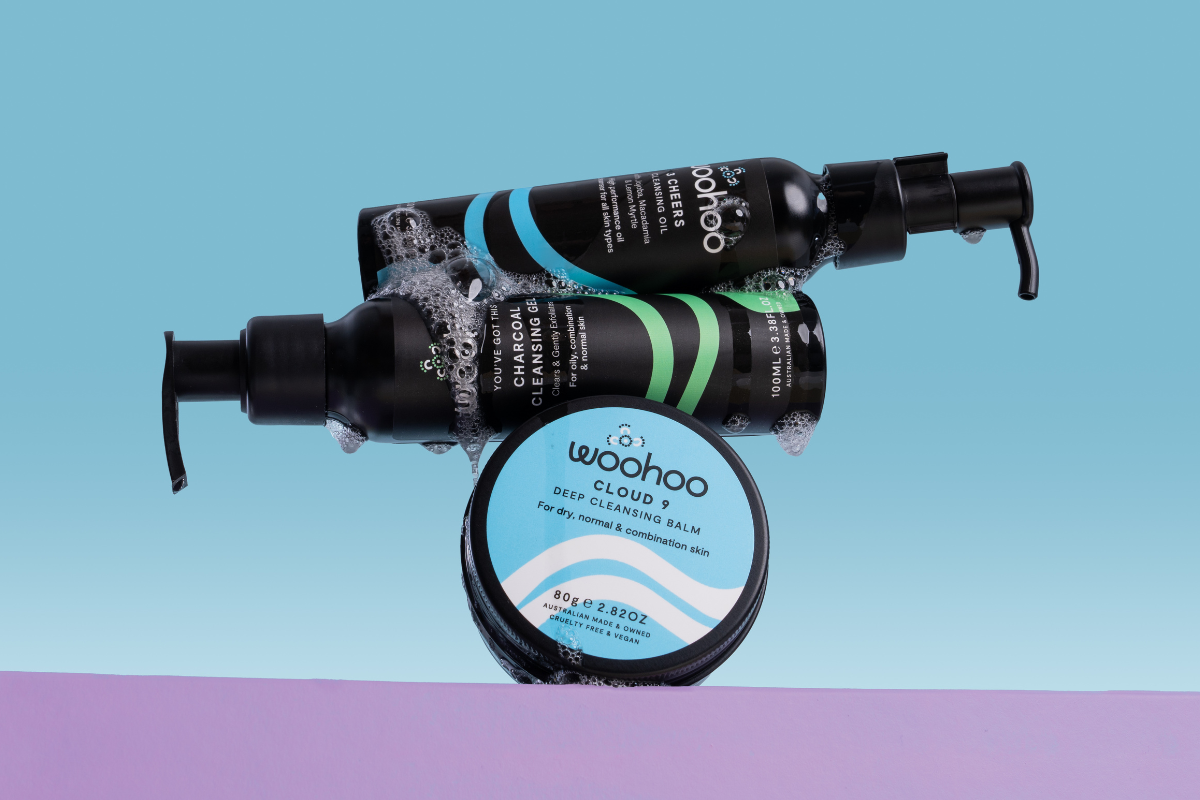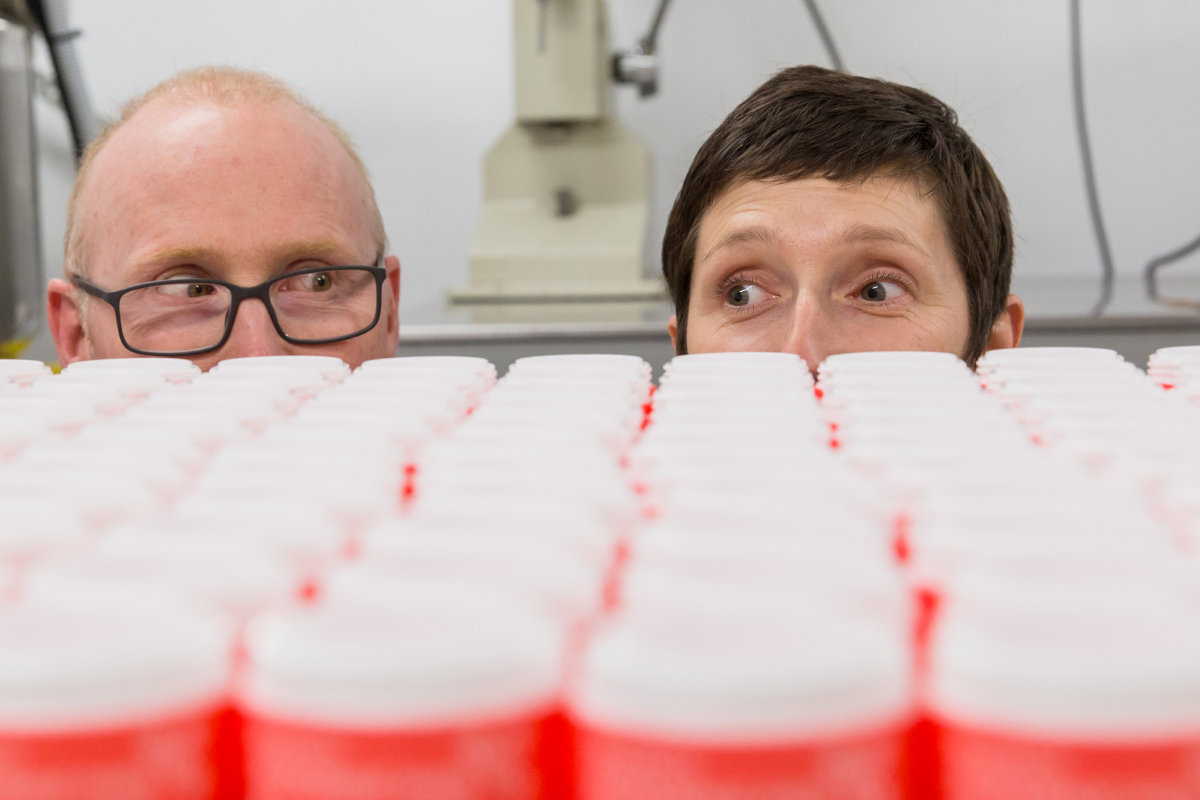A lot of us by now will know someone or have heard of someone who has gone on a sugar free diet. Whilst there are benefits to such a diet in the short term, in the long term sugar is not necessarily something to be feared. There are plenty of good quality sugars and natural sweeteners available today that allow us to satisfy that desire for a ‘treat’. These options are far less likely to mess with your weight, your immunity, your moods or your insulin levels. Here are the alternatives you will find:
1. Stevia
Coca Cola are apparently seeking licencing to use this little plant extract in their drinks so if you haven’t heard of it yet, you will. The leaves of the stevia plant are intensely sweet so a little goes a very long way. It’s not actually a sugar so has zero effect on your blood sugar levels, making it wonderful for diabetics and having no calories makes it helpful for weight loss. Have some in a cup of green tea after a meal to stop the sweet cravings that can hit after eating..
Use it: Stevia is 250-300 times sweeter than sugar so be very very careful with how much you use the first time! I prefer the Nirvana brand as I find other brands tend to have an aftertaste and it comes in a powder making it easier to control the dose, unlike the liquid and tablets. Best used anywhere you would normally sprinkle sugar such as drinks, cereal, desserts. Good quality stevia is expensive so it’s not a great option for use in cooking plus it tends to keep baked goods from rising well.
Buy it:health food stores for the Nirvana brand. Be wary of supermarket brands that mix stevia with other forms of sugar such as fructose, or other fillers, which is why they are cheaper.
2. Maple Syrup
 A sweetener made from the sap of the sugar maple tree, it has some nutritional benefit containing amino acids, manganese, riboflavin, magnesium, zinc, calcium, potassium and antioxidants!
A sweetener made from the sap of the sugar maple tree, it has some nutritional benefit containing amino acids, manganese, riboflavin, magnesium, zinc, calcium, potassium and antioxidants!
Use it: Not just for pancakes, use in smoothies, as a dessert sauce and in baking for it’s toffee like flavour.
Buy it: Supermarkets and health food stores. Only pure maple syrup has the nutritional benefits so avoid the cheaper flavoured versions that are just maple flavouring, sugar and water.
3. Rapadura
A sugar made from evaporated cane sugar juice but with minimal processing. Because the nutrient content is still high this is more a food than a sugar, so despite it’s relatively high GI it is well metabolised by the body and won’t spike blood sugar levels.
Use it: looks and tastes similar to brown sugar and is great for cakes, biscuits and sweet sauces.
Buy it: health food stores.
4. Coconut sugar
The new kid on the block and it is incredibly delicious, similar to maple syrup. Coconut sugar is made from the evaporated nectar of the coconut palm blossom which is then ground. It has a low GI similar to agave but believed to be much richer in minerals especially iron, magnesium and zinc which would make it the most nutritious sugar on the list.
Use it: like brown sugar in baking and drinks.
Buy it: health food stores.
5. Blackstrap Molasses
You may never have thought of it as a sweetener because of it’s black colour and it’s one I haven’t tried for that reason! However it is believed to be high in iron, manganese, copper, potassium, magnesium and rich in antioxidants making it a valuable sweetener. Blackstrap molasses is the concentrated liquid left over from the refining of white sugar (hint, it’s where all the good stuff from sugar has gone).
Use it: has a strong and bittersweet taste so fans of this sweetener tend to use it in their coffee or cakes and muffins to give a rich flavour.
Buy it: health food stores and some supermarkets.
Wondering what happened to Agave Syrup? Although it is frequently recommended especially for diabetics because of its low GI content, it is however naturally high in fructose. There is a lot of research lately on fructose and it’s link to obesity, because of its effect on hormones that regulate weight. Use occasionally if you choose to use it.
About the Author – Ruth Fellowes
 Ruth is a naturopathic Nutritionist, public speaker and Additive Alert presenter with advanced qualifications in Nutritional Medicine. Nutritional Medicine emphasizes that food is highly effective as medicine and that every individual has a unique interaction with food and nutrients. Quality supplements are also valuable as being a quick way to get someone out of a nutritional black hole and back on track to a beneficial diet. Ruth became interested in Nutrition when she was practicing as a Move to Learn instructor in Sydney to assist children with learning and behavioural difficulties. Nutritional intervention became quickly recognized as a key factor to help the child with difficulties and now this is an area of speciality for Ruth. Other areas of particular interest are food intolerances, stress and anxiety, fatigue and digestive disorders.
Ruth is a naturopathic Nutritionist, public speaker and Additive Alert presenter with advanced qualifications in Nutritional Medicine. Nutritional Medicine emphasizes that food is highly effective as medicine and that every individual has a unique interaction with food and nutrients. Quality supplements are also valuable as being a quick way to get someone out of a nutritional black hole and back on track to a beneficial diet. Ruth became interested in Nutrition when she was practicing as a Move to Learn instructor in Sydney to assist children with learning and behavioural difficulties. Nutritional intervention became quickly recognized as a key factor to help the child with difficulties and now this is an area of speciality for Ruth. Other areas of particular interest are food intolerances, stress and anxiety, fatigue and digestive disorders.
Consultations are currently held at Organic Feast, East Maitland 2323. You can contact Ruth on 0425 301 485.

